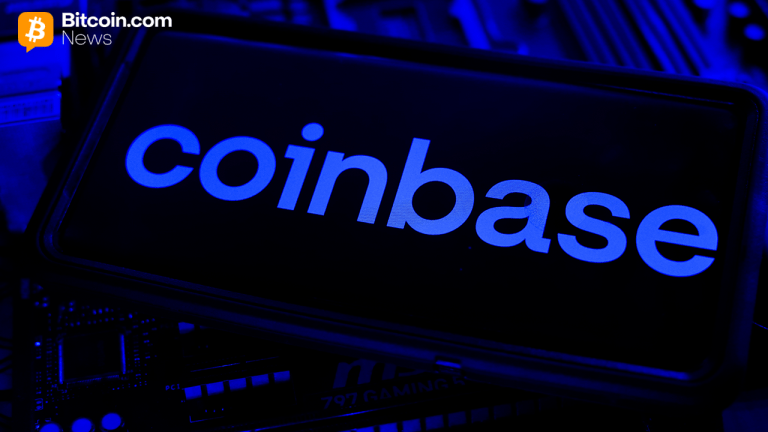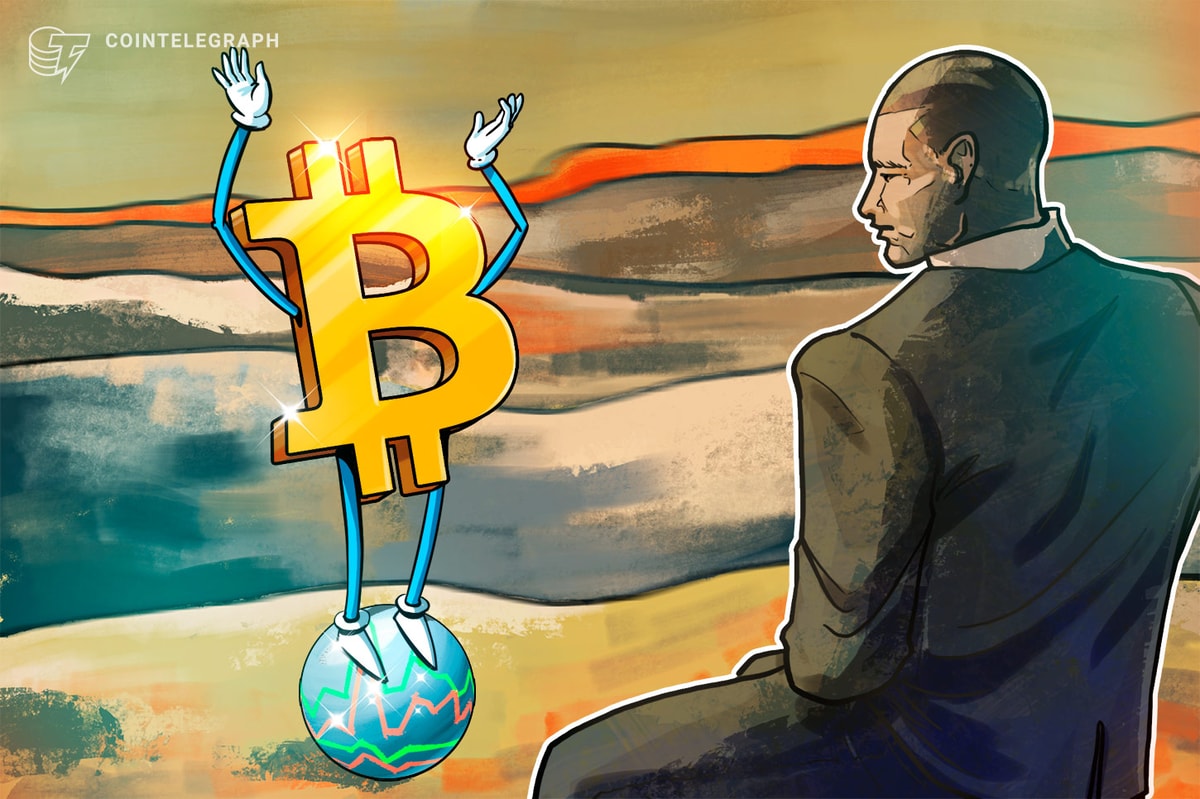Bridgewater warns fighting inflation risks derailing economic recovery
4 min readA top investor at the world’s biggest hedge fund has warned that high inflation is here to stay and central banks may be powerless to fight it without derailing the economic recovery, following a week in which soaring energy prices rocked markets around the world.
Bob Prince, co-chief investment officer at Bridgewater Associates, said the Federal Reserve’s assertion that the current burst of inflation will prove transitory is likely to be challenged. Price pressures will be hard to fix, he said, given they are coming out of a shortage of resources that are in high demand as the global economy rebounds from pandemic lockdowns.
“If there is inflation, the Fed is in a box because the tightening won’t really do much to reduce inflation unless they do a lot of it, because it is supply driven. And if they do a lot of it, it drives financial markets down, which they probably don’t want to do,” he told the Financial Times.
“Deciding between the lesser of two evils, what do you choose? I think most likely you choose inflation because you can’t do much about it anyway.”
Prince’s comments echo a ratcheting up of inflation anxiety in markets this week, as intense competition for natural gas supplies sent prices for the fuel rocketing, fanning concerns of broader price rises and triggering a drop in bond prices, which are sensitive to inflation. The US 10-year Treasury yield, which rises as prices fall, climbed to a four-month high of 1.60 per cent on Friday as market-based measures of inflation expectations hit their highest levels since May.
Moves were even sharper in Europe, where the gas crisis is more acute. Ten-year inflation breakevens in Germany — a measure of investors’ inflation expectations over the coming decade — rose to their highest since 2013 at 1.68 per cent, lifting yields to levels not seen since May. In the UK, where the Bank of England has said it could raise interest rates as soon as this year in an effort to tame inflation, 10-year breakevens are at their highest since 2008 and gilt yields climbed to 1.14 per cent on Friday, the most since May 2019.
Prince described the BoE’s rates warning last month as a “wake-up call” to investors. However, he suggested that central banks also needed to adjust to their limited ability to fight back.
“We’re in this situation where you still have this inertia from demand, it is pushing up against constrained supply and that has pushed inflation up,” he said. “And while the consensus is that that will be very transitory and bounce right back, we don’t think so, because there is plenty of inertia from that spending to continue and it’s just not going to be that easy to resolve these supply constraints, particularly as Covid remains an issue.”
The comments represent a departure from Prince’s view in June, when he played down comparisons between the present and the “Great Inflation” of the 1970s.
“It starts to look a bit like the 70s and the oil shocks,” he said this week. He explained that in the 1970s, oil prices rose on Opec supply cuts, pushing inflation higher. That dynamic drove the economy down while it was also driving inflation up. “Raising interest rates isn’t going to increase oil supply.”
Despite the latest bond selloff, and a pullback in stocks over the past month, many investors are sticking to their view that a large part of the current round of price rises will prove temporary, and central bankers will hold their nerve unless they get more compelling evidence of broader demand-induced inflation.
“Central banks should respond to inflationary pressures if demand is exceeding supply on a consistent basis,” said Gurpreet Gill, fixed-income strategist at Goldman Sachs Asset Management. “Today they are in isolated areas. We are expecting to come out of this crisis on a higher inflation path but it’s not a return to the 1970s when you had double digit inflation.”
Others argue that the spectre of stagflation — a combination of rapid price rises and slowing growth — is holding bond markets in check. A steep climb in the cost of living could quickly become a drag on growth and even fuel fears of recession, argues Luca Paolini, chief strategist at Pictet Asset Management. In that environment central banks could be expected to keep rates low — or reverse any premature hikes — making long-term government bonds more attractive and limiting any selloff.
“Inflation is like a tax that kills demand,” Paolini said. “In a sense if it gets too bad, it kills itself off — but that’s not a positive scenario.”







